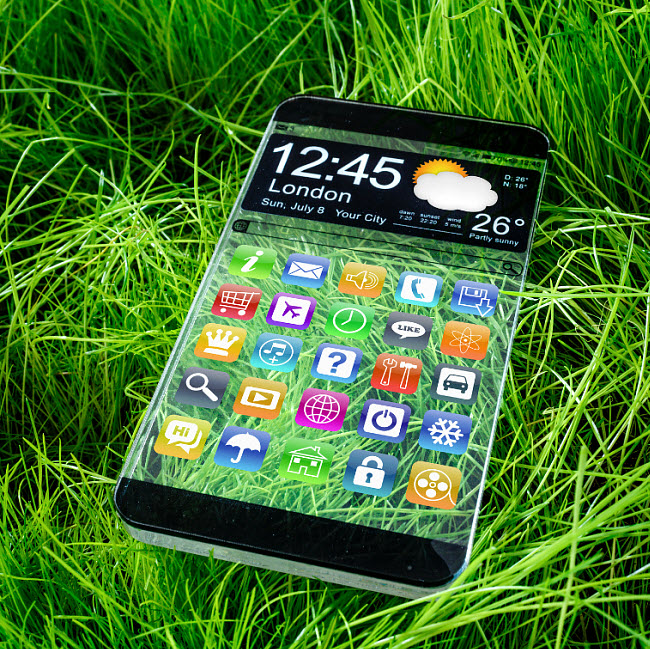A new report has shown that many of the giants in the retail business are looking to location-based applications.
PointInside has now released a report based on their 2013 data that has revealed that apps that use geolocation technology are considerably increasing the engagement that customers have in the interactions with retail stores while the shop, and those retailers have not failed to take notice of the potential that this has to offer.
This year, PointInside has identified a trend that shows that retailers are looking to location based marketing.
Retailers are testing upgrades to their apps that would include geolocation based technology. This allows them to offer in-store modes, location based features, detailed information, interactive store maps, and even the location of products that can be found in the store. The maps can also be customized for the individual user based on shopping lists that he or she has made.
It is clear that geolocation is popping up in the apps of a range of the top retailers.
One prime example of location based marketing worked into an app is from the Lord & Taylor department store chain. They are utilizing third party app developer resources in order to be able to ensure that they boost customer engagement. This, according to Ryan Craver, the senior vice president of corporate strategy.
He explained that “we do need to have a big presence in mobile because everyone has a mobile phone and is doing research.” That company entered into a partnership with SnipSnap in order to be able to expand their presence. They are doing so by offering attractive store coupons that can be redeemed by smartphone users. There are already more than 3 million customers using SnipSnap, according to the data shared by Ted Mann, the chief executive officer of that company.
Another example of a major retailer taking advantage of location based marketing with geolocation technology is Duane Reade, the drug store chain owned by Walgreens. They have recently started the use of apps that have iBeacon integration. This app allows coupons to be shared, as well, and for products to be suggested based on the customer’s specific location inside the store and based on his or her shopping history with that retailer.


